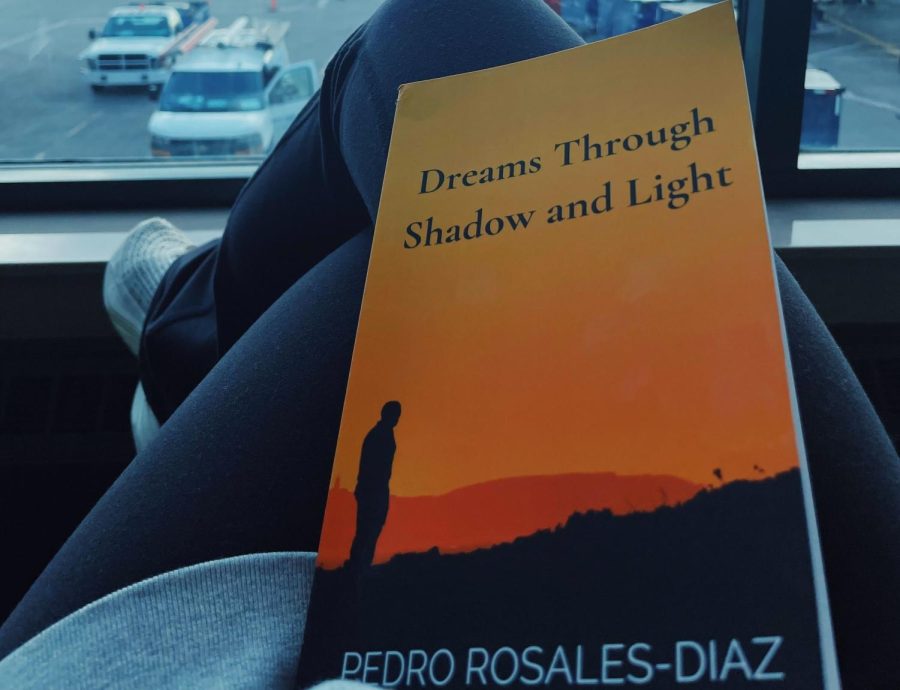Combining his love for writing poetry with an aspiration to transmit his story into art, sophomore Pedro Rosales-Diaz crafted and published his memoir “Dreams Through Shadow and Light.” The memoir tells his coming-of-age story by exploring his queer love, mental health struggles and his Latinx identity.
Growing up in a minority community, Rosales-Diaz had to learn how to fight for and find his voice when he felt overlooked. His upbringing in Wisconsin shaped his values and perspective, but beginning a new chapter in college offered new perspectives.
“Coming to Vanderbilt, where there are people with so many different experiences, taught me to respect and learn from others’ stories, as well as claim my own,” Rosales-Diaz said.
His memoir began as a class assignment where he wrote a poetry collection based on his Latinx experience. Rosales-Diaz always dreamed of writing and publishing his own book, but he didn’t think to portray his story in poem form until taking the class.
“I would spend an hour a day letting the pen write many thoughts and ideas; it’s a form of therapy,” Rosales-Diaz said.
He explained that he wrote the memoir as a form of closure over events he said he repressed from his childhood, treating it as an opportunity to reflect on influential life experiences.
“I wrote it for myself, to tie up loose ends to some of the trauma I went through, and in the process, I fell in love with its sense of therapy, which inspired me to continue writing it,” Rosales-Diaz said.
One of the poems in the collection, “Where did you go, Father,” details his painful relationship with his biological father, who neglected Rosales-Diaz’s family early in his life. Rosales-Diaz explained that he did not receive closure after his father’s absence, and this poem serves as his final response to his father.
“Reliving traumas doesn’t have to affect you negatively, but they are good to reflect on to provide closure and to find areas of growth and give a more positive perspective on life,” Rosales-Diaz said.
The memoir contains 32 poems divided into three sections. The opening section, “Shadow,” contains nine poems that focus on broad, identity-shaping events such as “Childhood,” “Opportunity” and “Cambios.”
The memoir then transitions to “Glow,” which dives into more specific and personal aspects that contributed to his identity. “First Generation” and “Mexican American” provide insight into his upbringing as the “guinea pig” of his family and touch on the challenging expectations of the opportunity-filled “Golden Land.”
He concludes the memoir with the third and final section titled “Light,” where recurring dreams come to life to enjoy happy moments. While the poems of the last section are not about his own life, he includes them in hopes to provide hope to those going through dark times.
The book’s structure ties into its title, starting from the shadowy memories of his past and transitioning to hopes for the future.
Rosales-Diaz encouraged aspiring writers to write from the heart in an unfiltered way.
“Writing takes pouring your heart out, staying true to yourself and saying what you want to say, not what you think your audience would want to hear,” Rosales-Diaz said.












